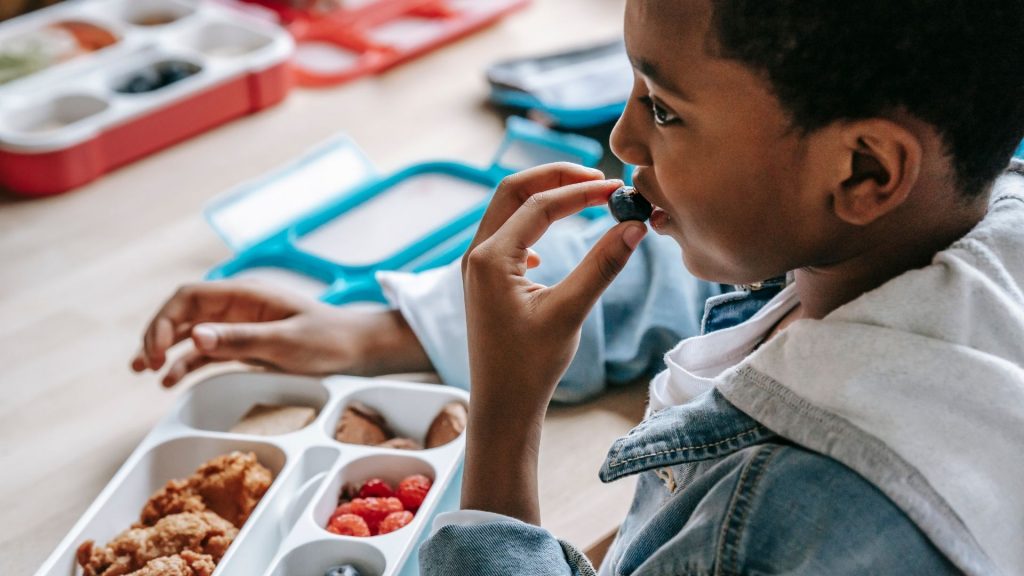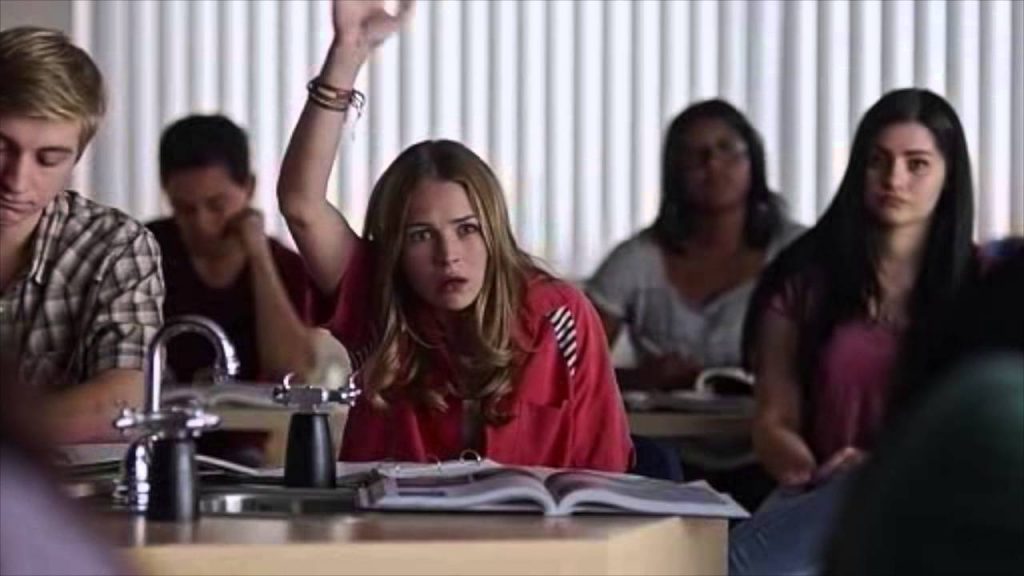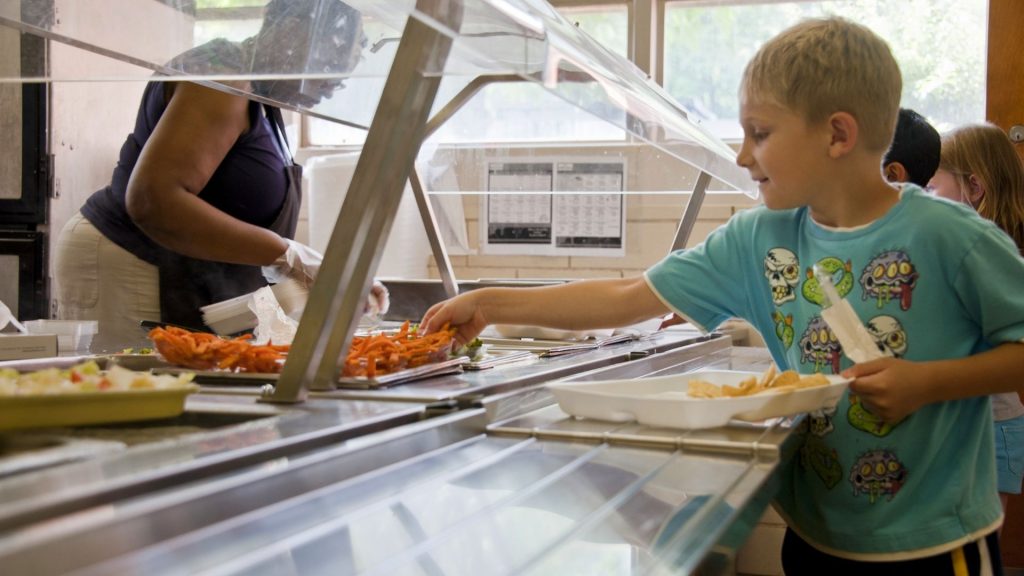School Searching Kid’s Lunches In Crackdown On School Snacks
To rid distractions, a high school has enacted strict search and seizure policies limiting what school snacks kids can bring in.

There has been a big push over the last few decades to raise healthy eating habits in America’s youth. School lunch programs have launched health initiatives like the nutrition programs established under Michelle Obama that improved the overall health of school meals and engrained healthy eating habits in students. But what happens when these initiatives go too far? Is it fair for schools to tell students what they can bring in to eat? One school in Pennsylvania feels this way, as administrators have now earned themselves the title “snack police” in a strict crackdown, search, and seizure policy being administered.
The Aliquippa Junior/Senior High School is located in the suburbs of Pittsburgh, Pennsylvania. It’s a small school that enrolls about only a few hundred students at a time. The school recently made national news because of a new policy recently enacted regarding school snacks being brought in. Seeing this as an issue, the district announced school administrators would begin restricting what snacks and how many students can bring to school. Going even further, the school will conduct searches and seizures to enforce the new rule.
According to reports from NBC News, students and parents have already been informed about the strict regulations and what their kids can bring in during the day for school snacks. Anything more than one 4-ounce bag of chips and one beverage up to 20 ounces will be thrown out by security. They also report that students who bring lunches from home will have to adhere to these rules as well. Students’ home lunches will be searched as well.

The district’s superintendent, Phillip Woods, told NBC affiliate WPXI that the school’s decision to enact the new ruling was the result of what he called a distraction. He claims that students were selling and trading food, such as shopping bags full of chips and canned drinks. Catherine Colalella, an Aliquippa school board member, also defended the measure, saying that students would not “starve” because of the new policy, referencing the district’s free program for breakfast and lunch.
The caveat to Colalella’s remarks about free school lunches is that oftentimes, these school lunch programs leave students hungry throughout the remainder of the school day. While the effort enacted during the Obama era to revamp school lunches was solicitous, it took many school snacks off the table. NPR reported after a nationwide rollout that healthier school lunches often left children hungry. Similarly, a school in Wisconsin has made headlines for giving students a slice of cheese, pretzels, and an apple for lunches.

When the district shared the school snack announcement on its official site and Facebook page, parents were quick to respond. The social media post was berated by hundreds of angry commentators but has since been deleted. The Miami Herald, however, was able to obtain some of the Facebook comments before the post was deleted. One person remarked on the poor condition of food the school gives children, remarking, “You’re going to tell parents what they can and cannot send for their child to eat? That’s absurd! Maybe if school lunches weren’t so tiny and gross they wouldn’t need to bring extra snacks.” Other users dubbed school officials the “lunch police” saying that it should be left up to parents’ decision as to what kid’s can and cannot eat. Before deleting the post, the district responded to commentators urging district parents to contact the school for further questions, and calling out internet trolls simply commenting to stir the pot.
Whether or not the high school is right or wrong in their decision is subjective. On one hand, a school promoting healthy eating that tells parents their children need to refrain from bringing shopping bags worth of school snacks into classrooms seems fine. But on the flip side, searching every single student’s belongings and packed lunch bags seems to go too far. Either way, the school board meeting being held on April 13th will likely see some angry parents speaking out against the “lunch police.”



